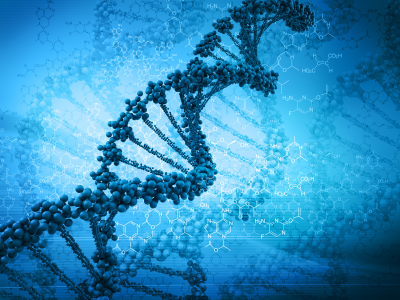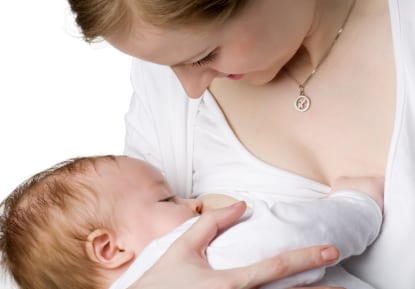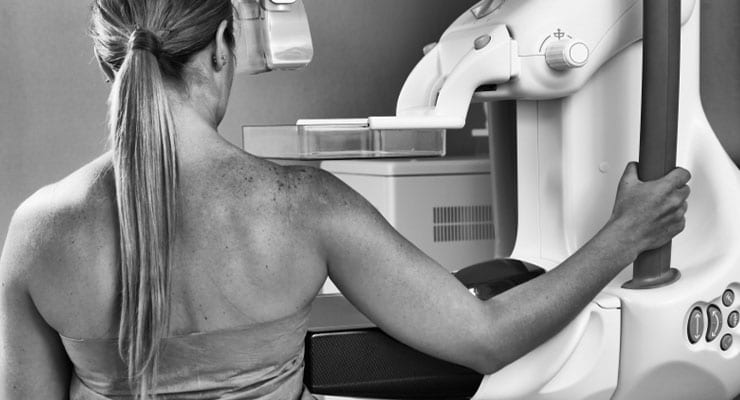Search Results for: developing breast
A Healthy Diet While Breastfeeding
If you’re a nursing mom, eating a healthy diet is good for both you and your baby. Breastfeeding moms must eat enough food so that they can maintain their milk supply. When you eat a healthy, balanced diet, you ensure that both you and your baby get the nutrition needed.
Breast Cancer Gene: Should You be Tested?
In the fight against breast cancer, there’s a new tool that can help with early detection: genetic testing. Along with annual mammograms and monthly breast self-exams, women who are at high risk for breast cancer may be advised by their physician to consider genetic testing for the two breast cancer genes, BRCA1 or BRCA2. Here are some red flags that could indicate you should consider getting tested:
Not Every Mother Can Breastfeed, But All Parents Can Bond
Breastfeeding your baby is ideal for reasons that are indisputable. According to the National Institute of Health (NIH), breast milk contains the right balance of nutrients to help your infant grow into a strong and healthy toddler. Some of the nutrients in breast milk also help protect your infant against some common childhood illnesses and infections. It may also help your health.
Breast Implants May Be Linked to Rare Disease
Women with silicone or saline breast implants may face a small risk for a rare immune-system cancer. But health officials need more data to know whether the implants caused the cancer, according to the FDA.The agency still considers implants safe overall and said that women with implants should not change their routine monitoring. Safety concerns have plagued breast implants before. Silicone implants were banned in 1992 after some women complained of leakage, leading them to become chronically ill. Widespread sales resumed in 2006 after FDA approval.
Causes of Breast Cancer in Women
Breast cancer can can afflict both men and women, but it is far more prevalent among women. It is the second-most commonly diagnosed type of cancer among women, exceeded only by skin cancer. Massive breast cancer awareness campaigns and improved early detection and treatment methods have contributed to a steadily increasing survival rate for breast cancer victims, but the medical community is still not sure of the causes of breast cancer in women.





